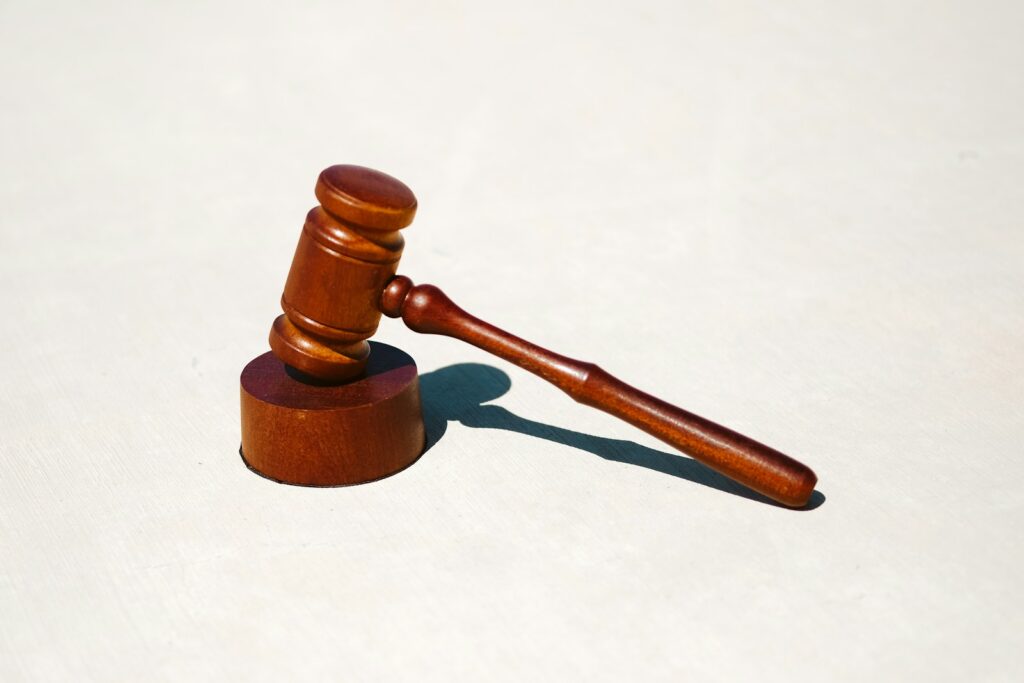
How and Why Status and Functions of Judges Should Differ from Those of Prosecutors?
The notorious case of a prosecutor who tried to review a court act issued by a judge of the Sofia Regional Court once again raises the question of the functions and status of judges and prosecutors. This issue is of the utmost importance in a country like ours, where the uncontrolled and selective (in the sense of arbitrary) actions of the prosecutor\'s office leave citizens with the impression that prosecutors, not judges, administer justice.








